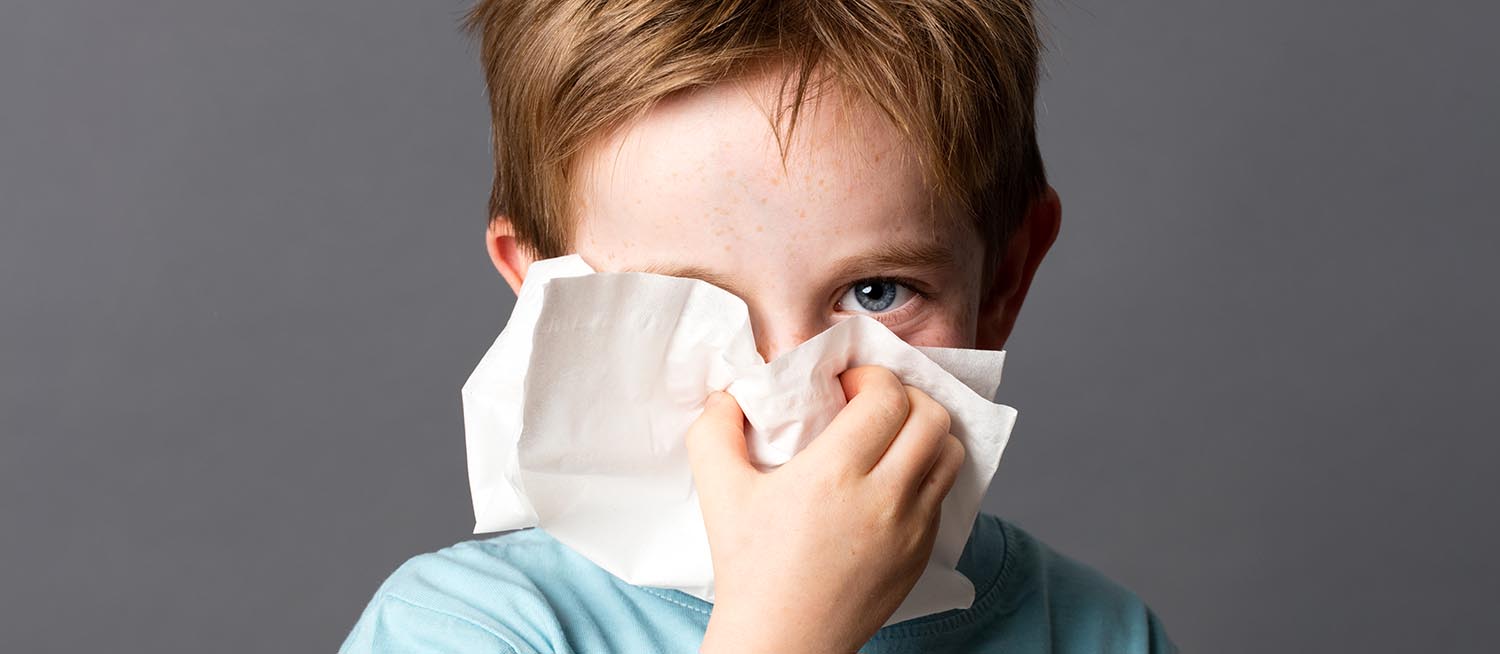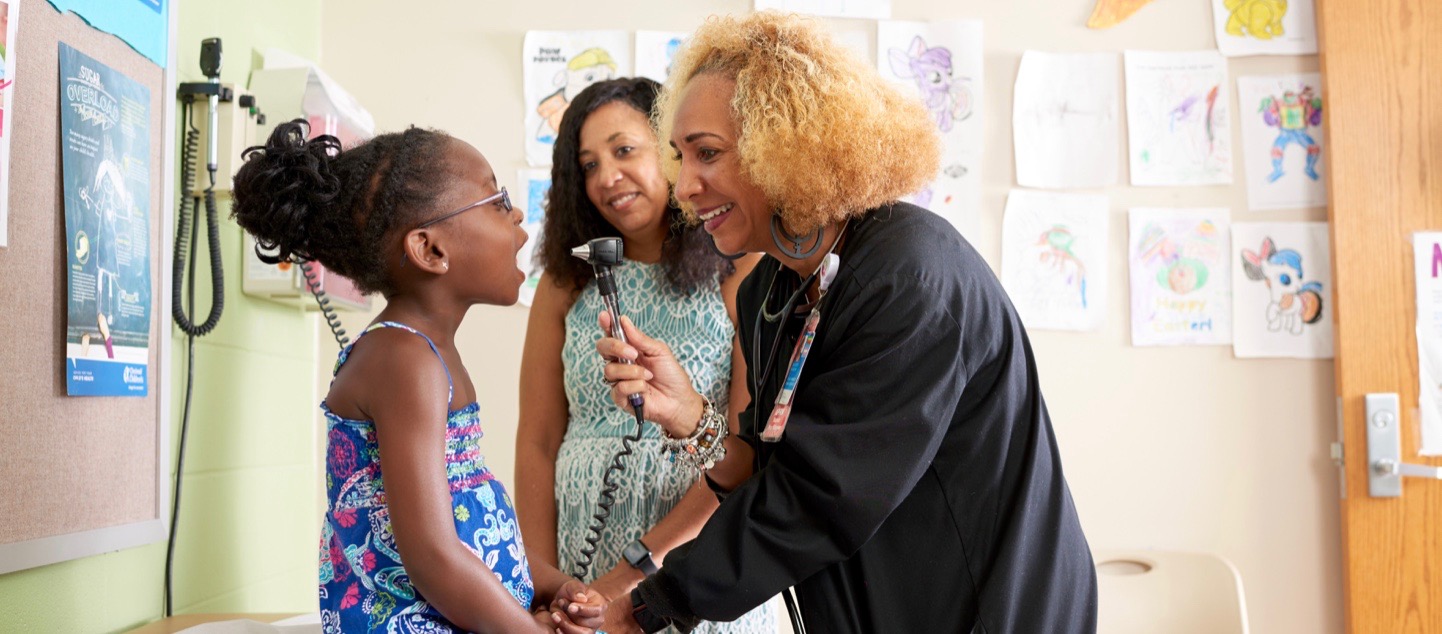Nosebleeds can be alarming for kids and parents alike, especially if there wasn’t an injury.
The good news is that most nosebleeds can be treated at home without medical intervention. Aside from some sort of trauma, nosebleeds most frequently happen due to dry air, nose picking, and aggressive hygiene. Follow these DOs and DON’Ts to treat and help prevent them:
WHEN YOUR CHILD GETS A NOSEBLEED:
DOs
- Pinch the nose on the soft part, underneath the bone.
- Hold pressure on the nose for 10 minutes straight, even after it stops bleeding.
- Go back to regular activities after pinching the nose for 10 minutes.
- Tilt the head slightly forward, so that blood doesn’t drip down the throat.
- Use preventive measures to keep the nose hydrated, such as non-petroleum ointment like Aquaphor, airgel, or nasal spray.
- Run a humidifier at night to keep the air moisturized.
- Call your doctor if the bleeding doesn’t stop after 10 minutes straight of pinching the nose.
DON’Ts
- Tilt the head back when stopping a nose bleed; the blood will run down the throat.
- Put tissues or cotton balls up the nose to try to stop the bleeding; a scab will form around the tissue and will be pulled off when the tissue is removed.
- Pick the nose; it can cause the nose to bleed. If something needs to be removed from the nose, spray an airgel or saline spray to moisturize it and help it come off. Picking it when dry will peel off the scab and may lead to bleeding.
- Use nasal spray improperly. When nasal sprays are used for conditions like allergies, it’s important to spray it away from the nasal septum because doing so can cause irritation and overtime, nose bleeds.
The vast majority of the time, nosebleeds are not concerning and can be managed at home. However, a few situations do warrant a call to your doctor:
- Multiple nosebleeds a week that don’t get better with pressure.
- When a decongestant like Afrin doesn’t help stop the bleeding.
- If the nosebleed happens as a result of trauma and you believe it may be broken or fractured.
For more information about otolaryngology at Cincinnati Children’s, please call 513-636-4355 or email ent@cchmc.org.





Thanks for posting useful information to keep in mind when nose bleeding occurs. Ensure that blood does not move to internal organs which can cause clotting.